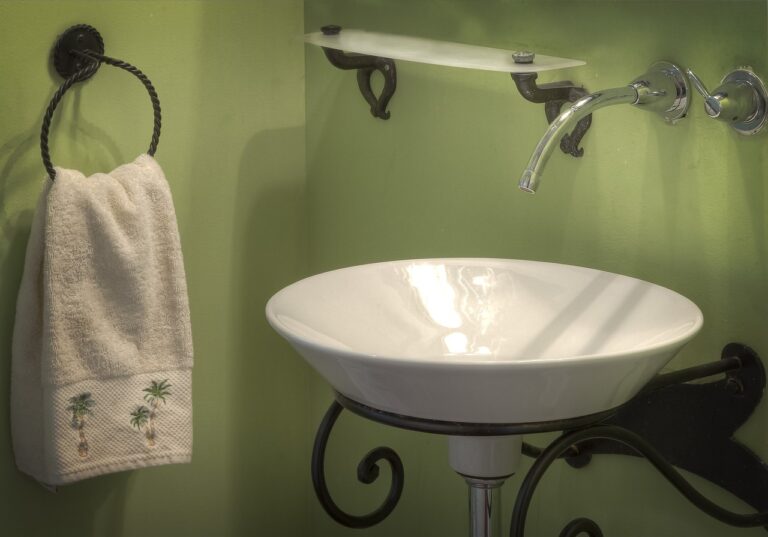Mindful Work-Life Balance: Strategies for Prioritizing Health and Happiness
It’s no secret that in today’s fast-paced world, finding the right balance between work and personal life can be a challenging task. With the constant demands of work, family, and social obligations, it can be easy to neglect our own well-being. However, achieving a mindful work-life balance is essential for maintaining good health and overall happiness.
The Importance of Work-Life Balance
Work-life balance refers to the equilibrium between the time and energy spent on work-related activities and those dedicated to personal life. Maintaining a healthy work-life balance is crucial for several reasons:
- Health: Chronic stress from overworking can lead to a variety of health issues, such as high blood pressure, heart disease, and mental health disorders.
- Productivity: Research has shown that employees who have a good work-life balance are more productive and engaged at work.
- Relationships: Neglecting personal relationships due to work demands can strain friendships and family bonds.
Strategies for Achieving Mindful Work-Life Balance
Here are some practical strategies to help you prioritize your health and happiness:
Set Boundaries
Establish clear boundaries between work and personal life. Set specific work hours and stick to them. Avoid checking work emails or taking work calls during your personal time.
Practice Mindfulness
Engage in mindfulness practices such as meditation, yoga, or deep breathing exercises to help reduce stress and improve focus.
Exercise Regularly
Physical activity is essential for both physical and mental well-being. Make time for regular exercise to boost your mood and reduce stress.
Prioritize Self-Care
Make time for activities that bring you joy and relaxation. Whether it’s reading a book, taking a bath, or going for a walk, prioritize self-care to recharge your batteries.
FAQs
1. How can I balance a demanding job with personal obligations?
It’s important to prioritize tasks and delegate when necessary. Communicate with your employer about your workload and seek support from colleagues or family members to help manage your responsibilities.
2. What are the benefits of a mindful work-life balance?
A mindful work-life balance can lead to improved health, increased productivity, and stronger relationships. It can also help prevent burnout and increase overall happiness.
3. How can I overcome feelings of guilt when taking time for myself?
Remember that self-care is essential for your well-being and productivity. By taking care of yourself, you’ll be better equipped to handle work and personal tasks effectively.
4. What are some simple ways to incorporate mindfulness into my daily routine?
Start by taking a few minutes each day to practice deep breathing or mindfulness meditation. You can also try incorporating mindfulness into everyday activities such as eating, walking, or driving.
By implementing these strategies and making a conscious effort to prioritize your health and happiness, you can achieve a mindful work-life balance that benefits both your professional and personal life.







